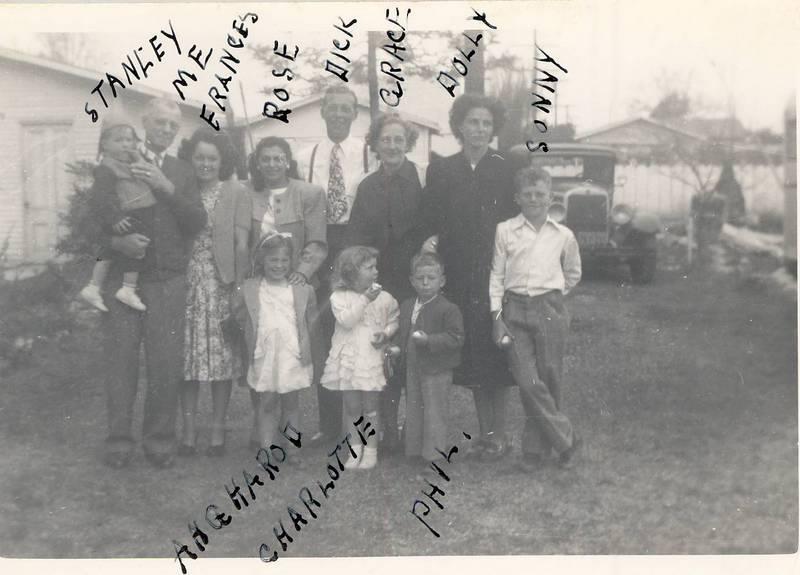Editor’s Note: We are re-posting Theresa Smith’s entry to tie in with National Family History Day on Thanksgiving in two weeks in the U.S. Theresa was kind enough to update her piece on the importance of sharing family history and genetic test results, as challenging as it may be at times. Check back here in two weeks to read about how you can take your family’s medical history as you gather for Thanksgiving.
The initial shock from receiving my positive results for the BRCA2 gene mutation was now turning into “a low grade fever” of concern, my new reality. I already explained the news to my immediate family, but I started thinking about all the extended family members my result could affect, too. My extended family is large – over 200 people – but I am not close to many that are all over the country. I also needed to complete my family tree, so I could follow the lines of heritage from my grandma's brothers and sisters (by the way, my Grandma Frances was child #14, and the youngest in the family). Once I finally had confirmation from a cousin that also tested positive, I was able to confirm the side of the family I needed to contact.

I was the first person in the entire clan to be tested and confirmed to carry the mutation. It felt like I was now solely responsible or had an obligation to inform all my extended family members (men and women) of their potential BRCA2+ status. How could I find people I didn't even know existed? What should I say? I tried a mass email to start with anyone I knew on the right side of the family, and asked everyone to forward it to the family members they knew.
But that wasn't quite enough. So I went to Facebook and made general posts about the family's gene mutation, and sent friend requests to cousins I didn't even know. That really worked well and with the help of my sweet cousin; she helped me find everyone, I think.
Anyway, I was expecting things like, “I'm so sorry,” and, “How are you doing?” but I mostly heard, “Thanks for the information,” or, “Well, I guess we all get something.” I tried to explain some of the genetics, but educating them was difficult. A medical specialist, like a genetic counselor, needs to do that. I refer any friends or family to this website to read at least the basics regarding the BRCA1/2 genes.
People absorb potentially troubling medical information at different paces. I continue to follow up with the resistant ones. Why do I bug them? Because this is really important family medical information they need to know about; this information can save lives! So although I have been considered hysterical, negative or annoying – I'm ok with that.
When I was spreading the news to my extended family, I encouraged them to go for a mammogram and see their doctors immediately if they had not been having their yearly appointments. Three of my cousins already had breast cancer and didn't know it. They began treatment right away. What if I hadn't been persistent? What if I didn't do anything to share my results? I was discouraged with the responses I was getting, but I knew this was too important. This is proof that testing and just being aware that your family is at high risk for cancer can save lives.
Some of my cousins that refused genetic testing have come around to being tested after time. I felt I owed it to my children to find out, so their future children can make their own decisions as they get older. Many test results for my family members have been negative! What a relief, right? Everyone under them in the family tree is OK, the mutation has ended with them. It cannot skip a generation – it is gone.
Genetic testing, to me, is a modern miracle. This amazing technology can pinpoint a mutation in a gene on a specific chromosome. What a blessing and a privilege to be given the opportunity to find out our own personal DNA code. We can then be proactive instead of reactive about our own health, and the health of the ones we love the most.
Thanksgiving is coming up in two weeks. If you have hereditary cancer or someone in your family does, consider what I’ve written here as you get together with your loved ones. It could be a good opportunity to begin some of these discussions.



